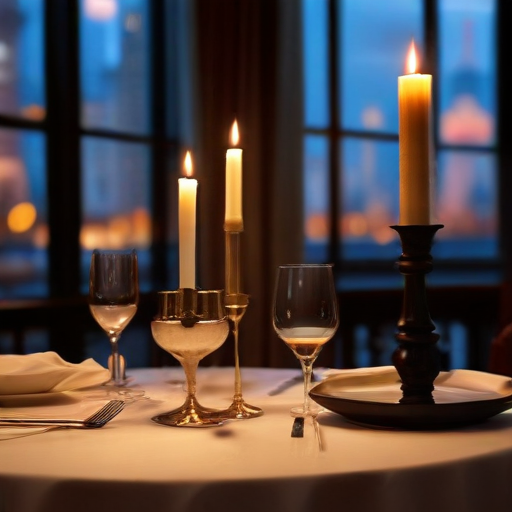In New York, securing a restaurant reservation has evolved into a formidable challenge, particularly for those eager to dine at the city’s most fashionable spots. Over the past three years, the difficulty level has skyrocketed, leaving many food enthusiasts struggling to secure a coveted seat.
Joel Montaniel, the CEO of the reservation platform Sevenrooms, highlighted the dire situation, stating that even restaurateurs lack solutions for the growing problem. The competitive nature of dinner reservations prompted the New York state legislature to take action last month, passing a law that prohibits third-party booking sites like Appointment Trader from scalping restaurant slots for exorbitant prices, often exceeding $200.
Melissa Fleischut, the President and CEO of the New York State Restaurant Association, hailed this legislative move as a significant win for the hospitality sector, aimed at curbing reservation competition and safeguarding restaurants from costly cancellations.
Despite these legislative measures, the demand for unique and extravagant dining experiences continues to outstrip availability. Travel advisor Jaclyn Sienna India noted the ongoing challenges in navigating bookings across restaurants, hotels, and luxury experiences, post-COVID. With extensive experience operating Sienna Charles, a concierge service catering to ultra-wealthy clients, India asserts that getting into the most sought-after establishments revolves around understanding client preferences and fostering relationships with restaurants.
India observed a notable shift in dining preferences, with clients favoring trendy spots over traditional fine dining. Today, the allure of these restaurants often centers around social media prestige and the exclusive bragging rights that come with securing a reservation.
For those determined to score a table at one of New York’s toughest-to-book eateries, persistence and strategic planning are essential.
This situation underscores a significant cultural shift in dining, where exclusivity has become deeply intertwined with social status. The challenging landscape for reservations could galvanize a more innovative dining scene in the future, where restaurants may adapt their offerings to accommodate the evolving tastes and preferences of diners. It presents an opportunity for new dining experiences that cater to both the food and the social element, fostering creativity within the culinary community.
